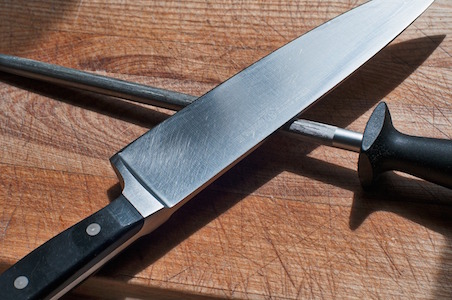 Grass-fed or corn-fed? This is usually the question among beef eaters today. The real answers often prove to be more complex and shocking than most could ever imagine though.
Grass-fed or corn-fed? This is usually the question among beef eaters today. The real answers often prove to be more complex and shocking than most could ever imagine though.
Let’s start with a simple concept; cows are born to be herbivores, a.k.a. vegetarians. However, with industrialized food systems dominating the way they are bred, raised, and slaughtered, billions of them are forced to eat things like cow fat and other unnaturally horrific “feed.” Although the USDA claims that factory-farmed cows, pigs, and poultry have safe diets (hmm, kind of sounds like what they say about our diet) here are some of the ingredients that are known to be used by CAFOS, Concentrated Animal Feeding Operations, in order to keep costs low and profits high:
- Plastic Pellets (used to compensate for a low-fiber diet)
- Manure (pig, cow, or chicken manure can be fed to cows)
- Same Species Meat (which ignores an evolutionary and moral compass)
- Feathers, Hair, Skin, Hooves, Blood, and Fat (from various animals)
- Diseased Animals (which can include roadkill and euthanized pets)
- Unhealthy Amounts of Corn (resulting in overly acidic digestive systems prone to infection)
- Drugs and Chemicals (80% of antibiotics manufactured in the U.S. are for livestock)
Grass-fed, organic cows, and the milk they produce, are a healthier choice for you and the animals compared to “corn-fed”, factory-farmed options. Still, an even healthier and more compassionate choice is one without meat or dairy.
Not ready or willing to go vegan?
- Choose one or two types of animals to stop eating for good.
- Explore Meatless Mondays.
- Commit to an “organic only” groceries and/or eating out policy (which means if it isn’t organic meat or dairy you’re not buying or consuming it).
Concerned about calcium requirements?
The best sources of this important mineral are found in plants and that’s a fact. Protein and iron can also be easily managed with a proactive approach or with professional guidance.
Either way, take a stand for your health, animal welfare, and precious ecosystems by eating less (or no) meat and dairy. You can do it!
Leave a Reply